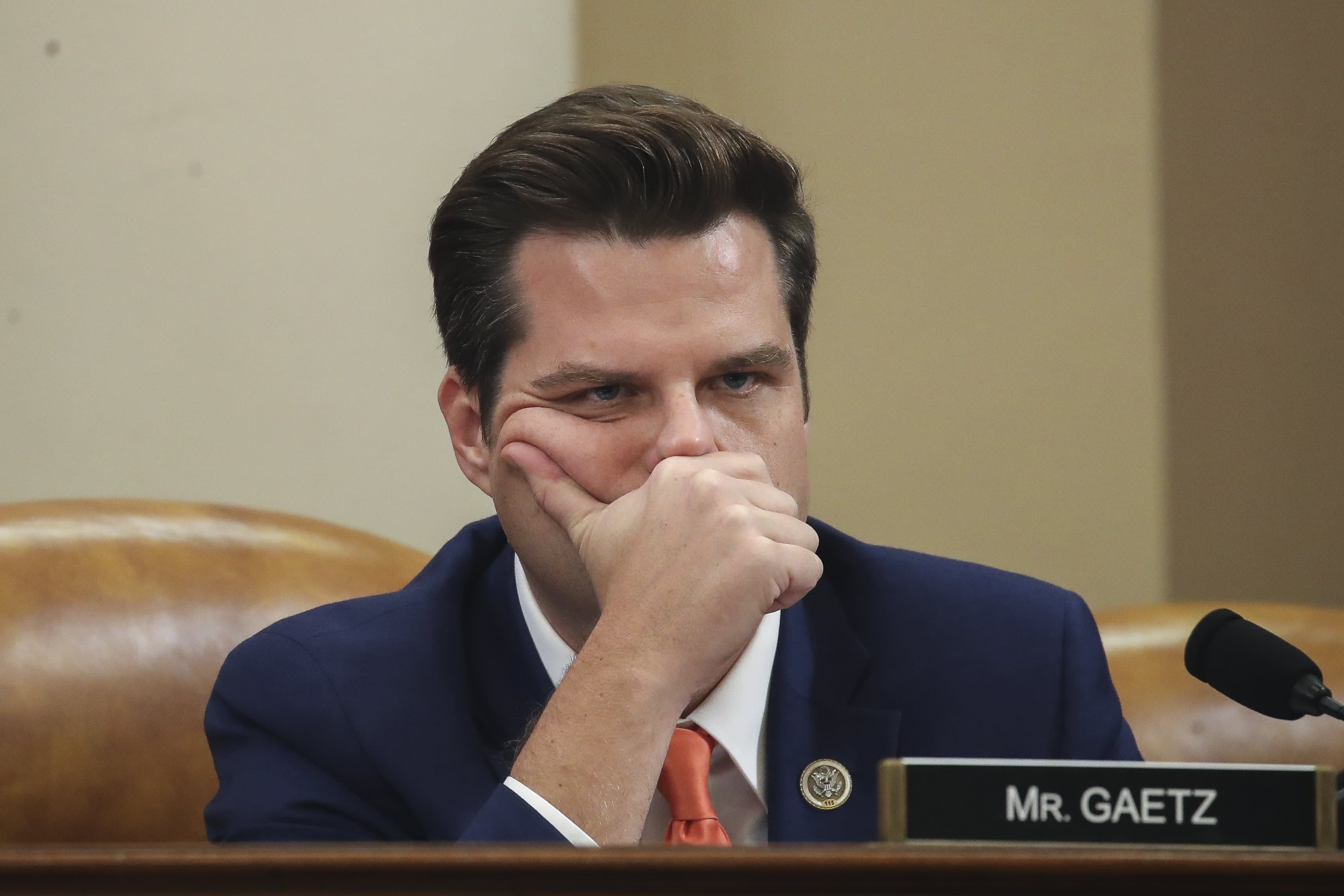We're in a 'housing recession,' experts say. Here's what that means for homeowners, sellers and buyers
While home sales last month were down more than 20% from a year earlier, prices are up more than 10% and demand remains strong despite a slowdown.

The Good Brigade | Digitalvision | Getty Images
Just months ago, the housing market remained in overdrive: surging home prices, historically low interest rates and unrelenting demand. However, data now suggests to some experts that the market is in a "housing recession."
For example, sales of existing homes in July fell by 5.9% from June, marking the six straight month of a decline — and a drop of more than 20% from a year earlier. What's more, there have been layoffs and slower job growth in the industry, homebuilder sentiment has turned negative and buyers are canceling contracts in the face of interest rates that have jumped to 5.72% from below 3.3% heading into 2022.
"We're witnessing a housing recession in terms of declining home sales and home building," Lawrence Yun, chief economist for the National Association of Realtors, said in a recent report.
At this point, however, it's a different story for homeowners, buyers and sellers.
"It's not a recession in home prices," Yun added. "Inventory remains tight and prices continue to rise nationally with nearly 40% of homes still commanding the full list price."
But there are signs the market is stating to shift in buyers' favor.
More from Personal Finance:
Here are 3 tips for paying down your credit card balances
8.2 million people may soon get health insurance rebates
Here's how to save on groceries amid high food inflation
'Homeowners are in a very comfortable position'
"Prices are still rising in nearly all markets across the country … and inventory is improving slightly, but not greatly so," Yun told CNBC.
"Homeowners are in a very comfortable position financially, in terms of their housing wealth," Yun said. He also recently said that homeowners are "absolutely not" in a recession.
Sales of existing homes were down in July by 20.2% to 4.8 million properties from 6 million a year earlier, according to NAR. However, the median price last month was $403,800, up 10.8% from July 2021.
With interest rates roughly double where they were six months ago, buyers have had more trouble qualifying for loans or affording higher rates.
"I am seeing homebuyers cancel a contract if their payment is just a little bit higher than what they expected — I'm talking about $100," said Al Bingham, a mortgage loan officer with Momentum Loans in Sandy, Utah. "Homebuyers are very cautious right now."
Buyers may encounter 'a more balanced market'
For buyers, the slowdown in demand is generally good news, experts say.
"Buyers should expect a little better price negotiation possibility," Yun said. "Last year, they were at the mercy of whatever sellers were asking … and there were multiple offers. Buyers may not face that now."
While it depends on the specific market, there's more of a chance that buyers will see more normal buying experiences. In some places, the slowdown means less competition and more likelihood that sellers will accept offers that come with contingencies — such as the buyer must sell their own home first.
"We're seeing contingencies be accepted and that wasn't happening," said Stephen Rinaldi, president and founder of Rinaldi Group, a mortgage broker based near Philadelphia. "We'll probably see a more balanced market."
Sellers 'need to be realistic'
Sellers, meanwhile, may want to temper their expectations.
"Sellers need to be realistic about the changing market," Yun said. "They cannot expect to simply list their home at a high price and easily find a buyer.
"Too many buyers chasing after too few properties — those days are over," he said.
At the same time, homes are still selling quickly. In July, properties typically remained on the market for 14 days, down from 17 days a a year earlier, according to the Realtors association.

 AbJimroe
AbJimroe 
































